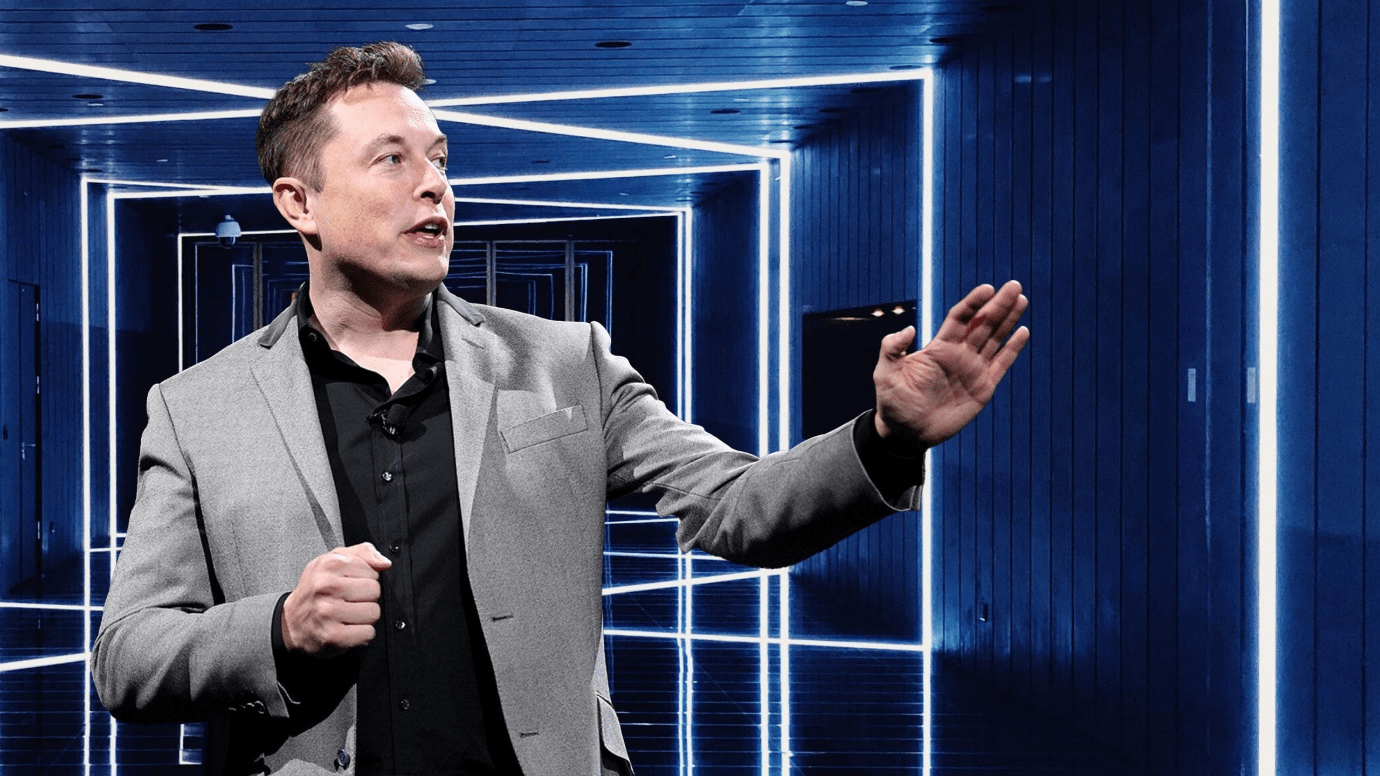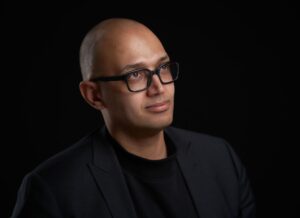
Why Skills-First Leadership Is Replacing the Ivy League Playbook in the C-Suite
The old prestige pyramid—where Ivy League degrees and blue-chip consulting backgrounds paved the way to the CEO seat—is cracking.

April 12, 2022: -Tesla and SpaceX CEO Elon Musk has abandoned his plans to join the board of Twitter, his social network of choice.
Twitter CEO Parag Agrawal announced publicly on Sunday that Musk remains the largest shareholder of Twitter, and the company will remain open to his input.
Musk informed Twitter on Saturday morning that he would not take the board seat.
On Monday, in premarket trade, Twitter’s stock briefly tumbled over 8% to less than $43 a share before recovering slightly. At 5:20 a.m. ET was down 4.28% and trading at $44.25 a share.
Musk’s appointment would have started on Saturday, “contingent on a background check and formal acceptance,” according to Agrawal.
“We were excited to collaborate and clear about the risks. We also believed that having Elon as a fiduciary of the company where he, like all board members, has to act in the best interests of the company and all our shareholders was the best path forward,” he wrote.
The Twitter CEO did not say whether Musk gave specific reasons for changing his mind about taking on the new obligation.
Agrawal said, encouraging Twitter employees to remain focused, “There will be distractions ahead, but our goals and priorities remain unchanged.”
On April 5, Elon Musk and Twitter said he would be joining Twitter’s board. A day earlier, the Tesla CEO and the world’s richest person disclosed that he’s the social media company’s biggest shareholder via financial filings.
Twitter’s stock jumped 4% on Tuesday following the board announcement. On Monday, after Musk’s stake was initially revealed, Twitter had its best day since its IPO in 2013, skyrocketing by more than 27%.
A financial filing from Twitter specified that as long as Musk served on its board, he would be limited to owning no more than a 14.9% stake in the company’s common stock outstanding, including through derivative securities, swaps, or hedging transactions.
Musk could theoretically increase his 9% stake beyond that limit now.
Without revealing that he had turned down the board seat at Twitter, Musk posted several ideas to transform the social media company and its products throughout the weekend.
One of the suggestions was a coarse joke in the form of a Twitter poll. Musk asked people to vote on whether Twitter should drop the “w” from its name. Doing so would turn Twitter into “titter,” an allusion to female anatomy.
More serious suggestions from Musk included letting Twitter Blue subscribers pay with dogecoin, get an “authentication” checkmark, and keep Twitter Blue free of advertisements.
“Everyone who signs up for Twitter Blue should get an authentication checkmark,” Musk wrote. “And no ads. The power of corporations to dictate policy is greatly enhanced if Twitter depends on advertising money to survive.”

The old prestige pyramid—where Ivy League degrees and blue-chip consulting backgrounds paved the way to the CEO seat—is cracking.

Loud leaders once ruled the boardroom. Charisma was currency. Big talk drove big valuations.

But the CEOs who make history in downturns aren’t the ones with the deepest cuts

Companies invest millions in leadership development, yet many of their best executives leave within a few years. Why?

The most successful business leaders don’t just identify gaps in the market; they anticipate future needs before anyone else.

With technological advancements, shifting consumer expectations, and global interconnectedness, the role of business leaders

Maushum Basu is a visionary leader who inspires his team with a clear, compelling purpose. Unafraid to take calculated risks, he understands that growth often stems from change and innovation. His deep commitment to both Airia Brands, Inc.

When speaking with Martin Paquette, one thing is immediately apparent: he’s honest. His transparency is refreshing. While many shy away from such vulnerability, Paquette sees it as a force to reckon with. The incredible emotional intelligence speaks to years of looking within—it’s also what allows him to acknowledge his mistakes gracefully and use them as opportunities to innovate.

Marina Charriere, CEO of Star Drug Testing Services, Star Drug Testing Services (Windsor Park), and First Defence Face Masks go hand in hand. Star is a drug and alcohol testing facility, and First D F M is a face mask company.

Lejjy Gafour, CEO, CULT Food Science Corp. Lejjy is a self-taught entrepreneur and experienced company operator who made his start creating opportunities at the young age of 14, and he has been working, leading, and building businesses ever since.


Leave us a message
Subscribe
Fill the form our team will contact you
Advertise with us
Fill the form our team will contact you